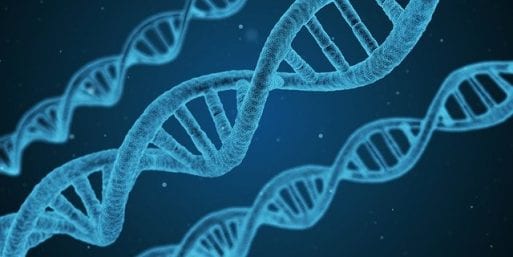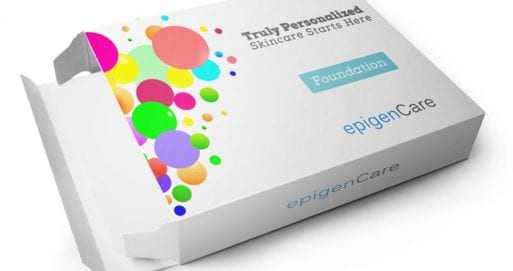 These days, most people have heard of direct-to-consumer genetic testing. Popularized by companies like 23andMe and AncestryDNA, these tests offer potential insights into personal history and distant familial connections. But have you heard of epigenetic testing?
These days, most people have heard of direct-to-consumer genetic testing. Popularized by companies like 23andMe and AncestryDNA, these tests offer potential insights into personal history and distant familial connections. But have you heard of epigenetic testing?
As reported by Wired, a number of companies are now offering at-home epigenetic tests. Priced anywhere between $299 to $550, these tests use saliva, urine, or blood samples to estimate customers’ “biological age.” The hope, of course, is to have a biological age that is consistent with or lower than one’s actual age. Companies offering these tests suggest that having a sense of one’s biological age can be an informative reality check. Yet the utility of such a test remains to be seen.
What is Epigenetics?
The field of epigenetics studies changes in the ways that genes are expressed over the course of a lifetime. Although an individual’s basic genetic sequence does not change, scientists have found that a person’s phenotype (their observable traits) can be altered by a number of factors such as environment, sleep and exercise.
Epigenetic testing companies are particularly interested in what is known as the “epigenetic clock.” Going beyond a person’s chronological age (how many years they have been alive), epigenetic clocks are measurements of how a person’s tissues, cells, and molecules have changed with time. The best-known epigenetic clock was developed by Steve Horvath, and it estimates biological age by measuring DNA methylation.
Do At-Home Epigenetic Tests Work?
A number of recent studies acknowledge the accuracy of epigenetic clocks. However, non-medical epigenetic tests are still relatively new. As medical geneticist Robert Green expressed to Wired, “commercial epigenetic testing is in its infancy, so consumers should be wary if companies make claims about a specific disease risk or offer to precisely predict lifespan.” It is also worth noting that direct-to-consumer epigenetic tests do not need to be approved by the Food and Drug Administration—it is unclear whether any external organization assesses the accuracy of such tests.

Companies are using epigenetics to market everything from vitamins to skin care
Credit: medium.com
Even if companies can provide an accurate estimate of a customers’ biological age, what a customer could do with such information remains to be seen. Although a recent study does suggest that biological aging can be reversed, the study was small and lacked a control group.
Privacy, and Other Ethical Concerns
As non-medical genetic testing has become more popular, many have raised concerns about privacy and genetic discrimination. For instance, the pentagon has recently discouraged military personnel from using direct-to-consumer DNA tests, and some worry that providers of disability or life insurance could use the results of DNA tests to deny coverage, despite the Genetic Information Nondiscrimination Act. Unsurprisingly, a recent article in Environmental Epigenetics suggests that many of these concerns apply to epigenetic testing as well.
Epigenetics can provide fascinating insight into how our bodies age and how we might maintain our physical health. However, many questions remain about the efficacy and worth of epigenetic testing outside of a medical context.

 At-Home Epigenetic Tests Estimate Biological Age
At-Home Epigenetic Tests Estimate Biological Age



 How to Comfort A Dying Loved One
How to Comfort A Dying Loved One
 Our Annual Seven Holiday Gifts for Someone Who Is Grieving, 2024 Edition
Our Annual Seven Holiday Gifts for Someone Who Is Grieving, 2024 Edition














